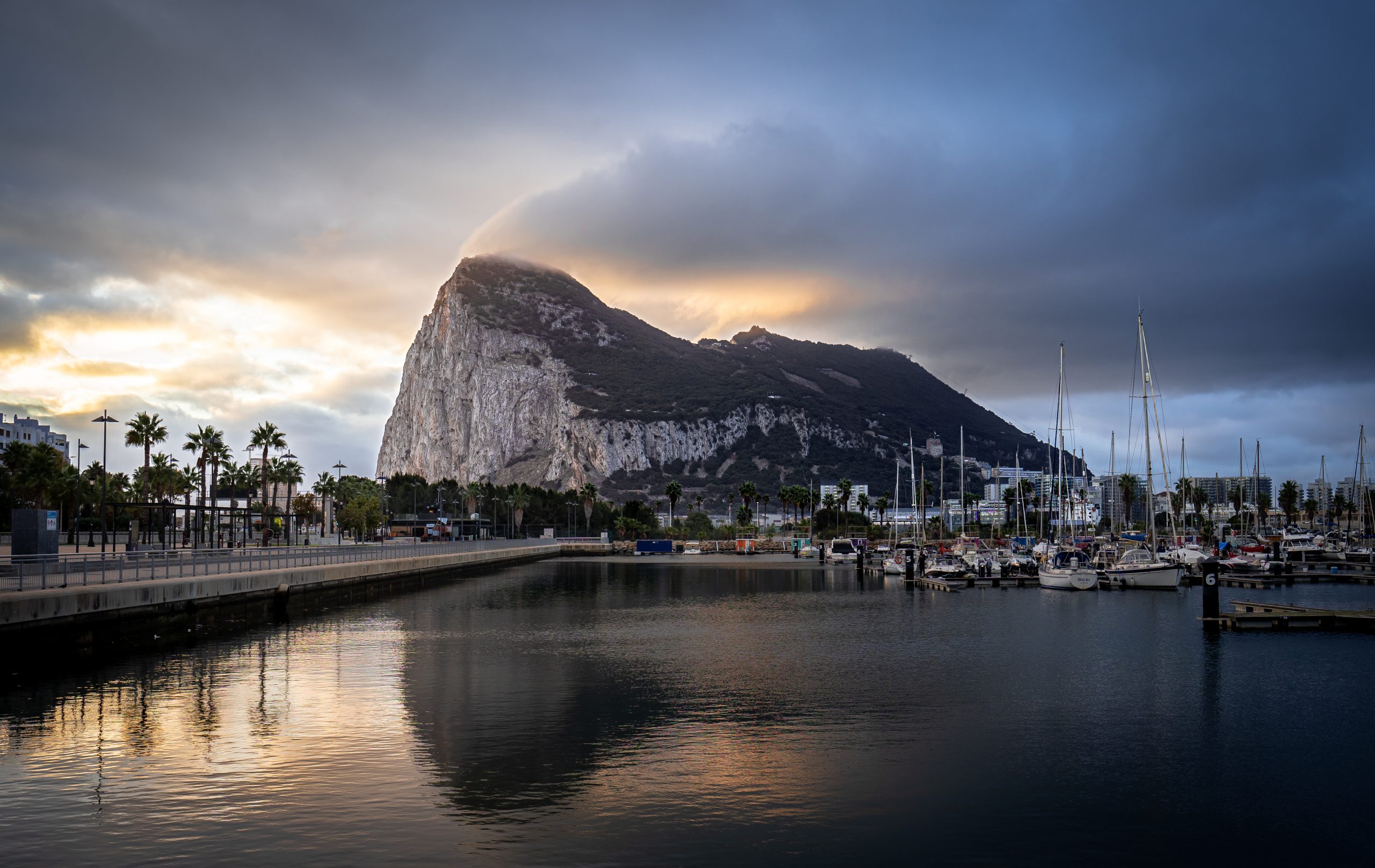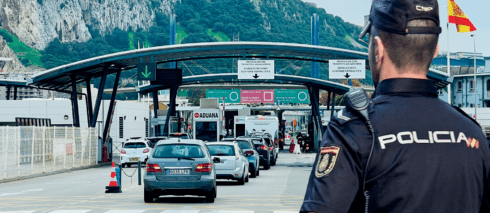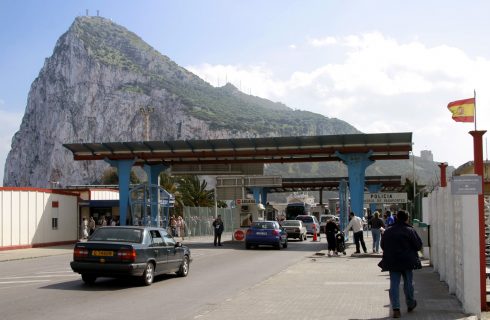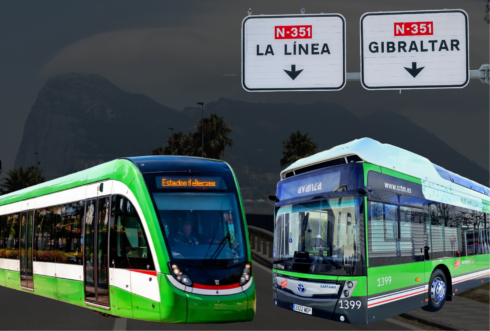A CAMBRIDGE University professor met with Gibraltar’s National Book Council to talk about working together on highlighting the importance of the local language.
Professor Laura Wright is writing an article about Gibraltar’s street names and its relevance to the way residents switch between English and Spanish.
The book council discussed with her the possibility of working on a project to validate the Llanito language as part of Gibraltar’s heritage and identity.
Wright is a historical sociolinguistic and a publisher in historical codeswitching.
Her article is called: Gibraltar’s bilingual street names as evidence of the Western Mediterranean spatial practice of eighteenth- century civilian fort-servicers.
It will soon appear in the Journal of Historical Sociolinguistics.
The professor gave a presentation ‘on derivation and proportion’ of Gibraltar’s language, the Ministry of Culture said in a statement.
“A proposal for a Llanito Project was discussed,” the Ministry of Culture said. “The project would focus on the validation of the Llanito language as part of our cultural heritage and ensuring it’s spoken, through the academic route and at home.”
This project could lead to Gibraltar’s Llanito becoming a language in its own right, and even taught at schools.
The Ministry will be working with Gibraltar Cultural Services and the book council to hold a symposium on Gibraltar language and literature at Cambridge University in September.
The contact with the established centre of learning follows visits from Spanish academics over the past year.
They have recognised the validity of Llanito as a language where code-switching between English and Spanish made it a unique fusion.
ALSO READ:
- Academics from Balearics and Vigo universities in Spain visit Gibraltar to promote its language
- New ‘Llanito’ prize at Gibraltar short story competition will ‘help promote unique language’, government says
- Gibraltar book council looks at getting own stand at London Book Fair after April visit
Click here to read more Gibraltar News from The Olive Press.








